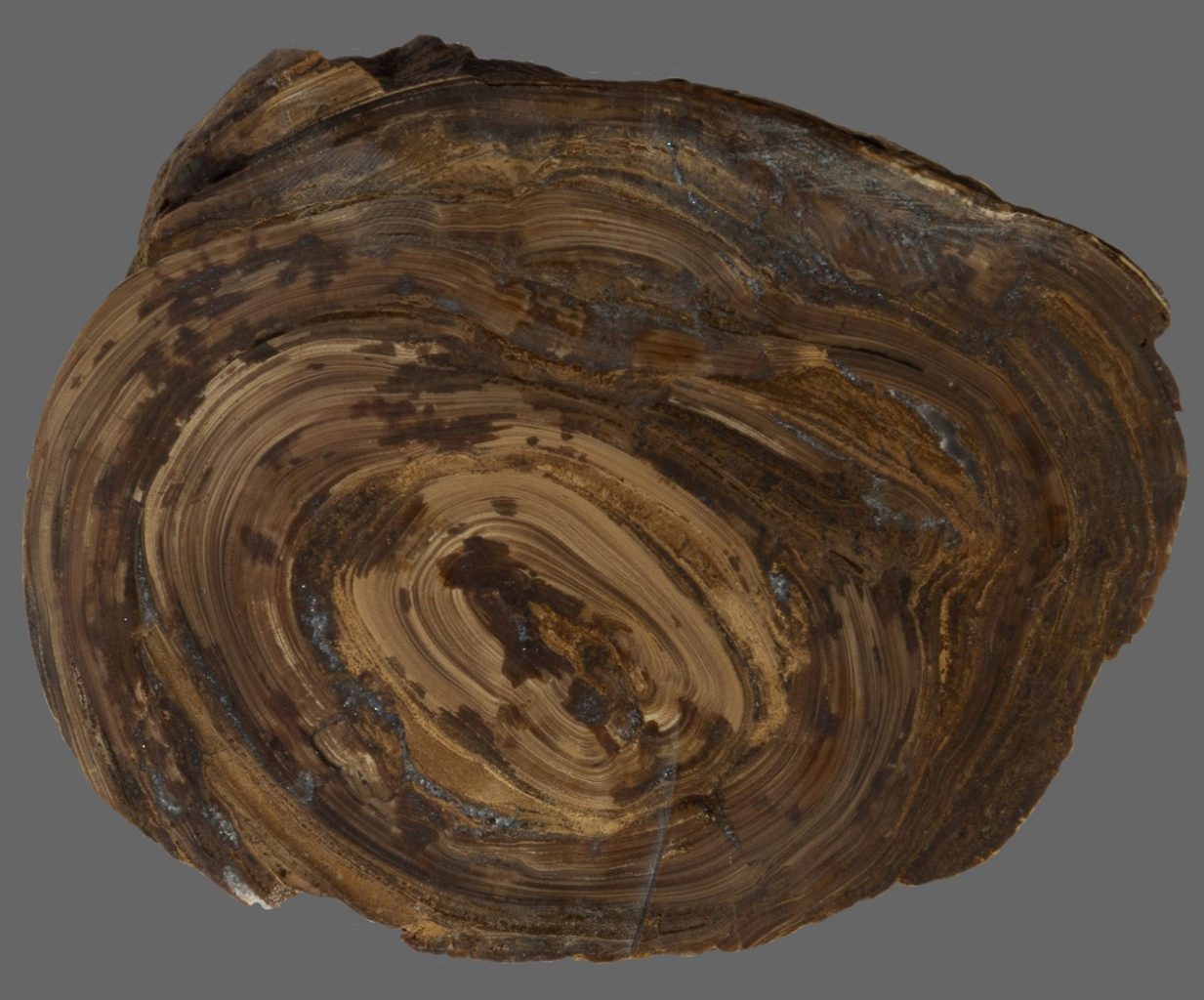Palaeontologists have discovered a 150-million-year-old stomach stone on England’s Jurassic Coast.
The Jurassic Coast is a World Heritage Site that stretches for 96 miles from Exmouth in East Devon to Studland Bay in Dorset. The coastline spans 185 million years of geological history, with an almost continuous sequence of rock formations covering the Triassic, Jurassic and Cretaceous periods.
The stomach stone was found by Dr Steve Etches MBE in Kimmeridge, Dorset, and originates from the Jurassic era. The find extends the range of known calculi (stomach stones, bladder stones etc) in the fossil record by almost 59 million years.
Nigel Larkin, a palaeontologist and Visiting Research Fellow at the School of Biological Sciences at the University of Reading, said: “I was fascinated by this mysterious object and was determined to discover what it was. Unless stomach stones are actually found preserved within a skeleton it is almost impossible to tell what sort of animal it might have formed inside.”
“The size of this stomach stone, and considering it was found in clay from the Upper Jurassic era, indicates it most likely formed inside a large marine reptile such as an ichthyosaur, plesiosaur, pliosaur or crocodilian. The stomach stone did not come from a dinosaur – as dinosaurs lived on land – but this is still a very exciting and rare discovery,” added Larkin.
Dr Ivan Sansom, Senior Lecturer in Palaeobiology at the University of Birmingham, carried out microscopic analyses of the stone to determine the exact structure of the specimen and what minerals it was made of. He concluded the specimen has all the characteristics of a calculus that formed in a gastro-intestinal tract – known as a ‘stomach stone.’
https://doi.org/10.1016/j.pgeola.2023.05.004
Header Image Credit : Reading University





